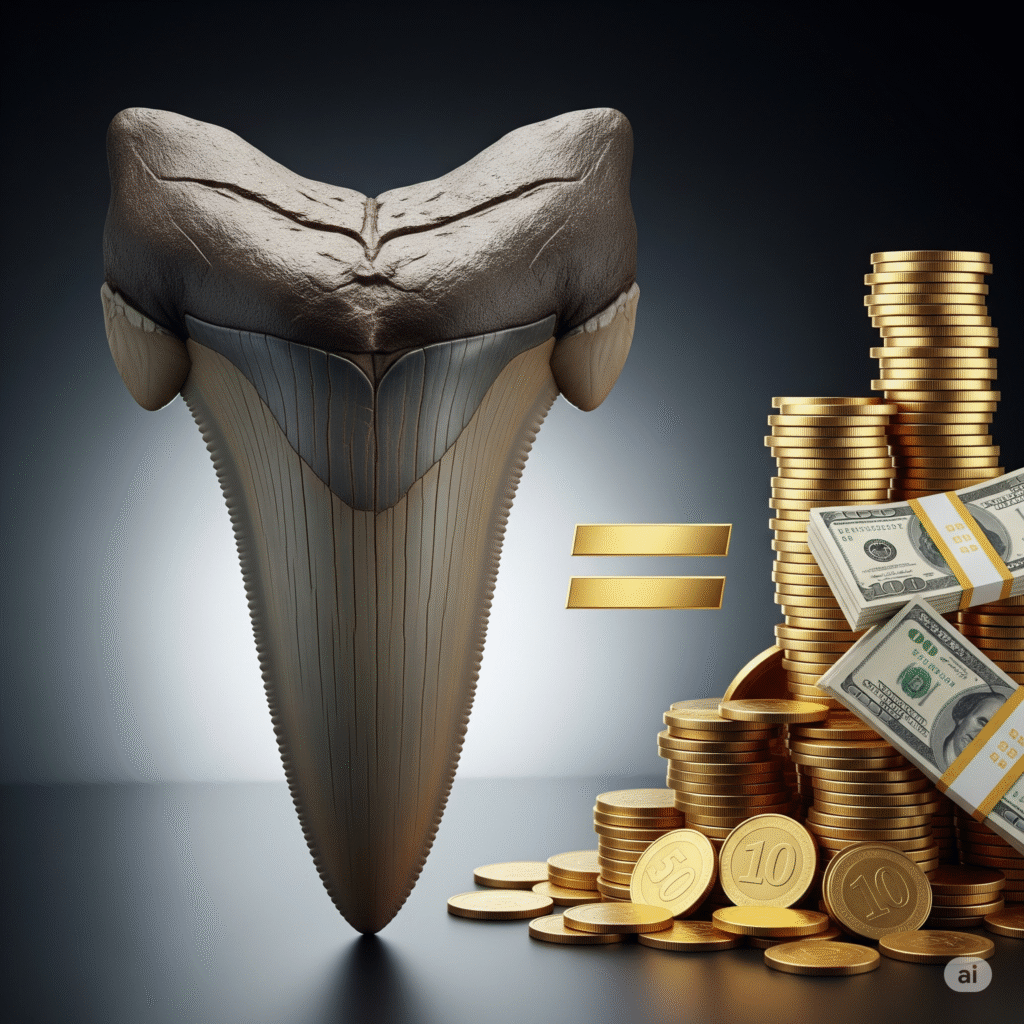In recent years, rare fossils have made headlines for selling at auction for hundreds of thousands—even millions—of dollars. From dinosaur skeletons to polished ammonites, fossil collecting is no longer just a hobby; for some, it’s an investment strategy. But are fossils truly a good investment? The answer depends on what you buy, where you buy it, and your long-term goals.
1. Why People Invest in Fossils
Fossils are unique, finite natural artifacts with scientific, historical, and aesthetic value. As more collectors enter the market—and as laws around fossil ownership become stricter—rare, museum-grade specimens have seen rising demand.
Key drivers of fossil investment:
- Rarity and scientific importance
- Aesthetic appeal and display value
- Cultural or celebrity associations
- Provenance and documentation
2. Types of Fossils That Hold or Increase Value
Not all fossils are investment-grade. Common or poorly preserved fossils often have little to no resale value. But certain categories do stand out:
- Dinosaur fossils (teeth, claws, bones, partial skeletons)
- Ammonites with iridescent shells (especially Canadian ammolite)
- Trilobites in pristine condition
- Fossil fish from renowned formations like the Green River
- Megalodon teeth (especially large, symmetrical specimens)
These specimens, especially when well-preserved and legally sourced, tend to retain or appreciate in value.
3. Fossils vs. Traditional Investments
Compared to stocks, bonds, or real estate, fossils are considered alternative assets. They’re tangible, non-correlated with market swings, and offer intrinsic enjoyment. However, they also come with caveats:
- Illiquidity: Fossils aren’t always easy to sell quickly.
- Valuation uncertainty: Pricing can be subjective.
- Storage and preservation: Fossils must be cared for properly.
Still, for collectors who love natural history, fossils offer both emotional and potential financial returns.
4. What to Look for When Buying Fossils for Investment
If you’re buying fossils as an investment, due diligence is key.
Checklist for fossil investment:
- Buy from reputable, licensed dealers
- Request documentation and provenance
- Verify legality—some countries ban fossil export
- Choose quality over quantity
- Seek expert appraisals for high-value pieces
We specialize in ethically sourced, investment-grade fossils with clear provenance and documentation, making your purchase secure and trustworthy.
5. Risks and Ethical Considerations
Not all fossil trades are ethical—or legal. Fossils looted from protected sites or smuggled from countries with strict export laws can lead to legal trouble and loss of value. Always research and choose transparent sellers.
You should also consider the scientific importance of specimens. Some rare fossils may be better suited for museum donation than private sale.
6. Long-Term Outlook
The fossil market is still niche, but growing. As global interest in paleontology increases and quality specimens become scarcer, experts believe that high-grade fossils may continue to appreciate. However, like any collectible market, returns are not guaranteed.
Final Thoughts
So, are fossils a good investment? For the right buyer—someone who values science, rarity, and aesthetics—they can be a rewarding blend of passion and potential profit. Just remember: the best fossil investments are backed by knowledge, ethics, and expert guidance.
Call to Action (revised):
🦖 Explore Our Curated Fossil Collection — hand-selected for quality, legality, and long-term value at www.MizaFossils.com.

